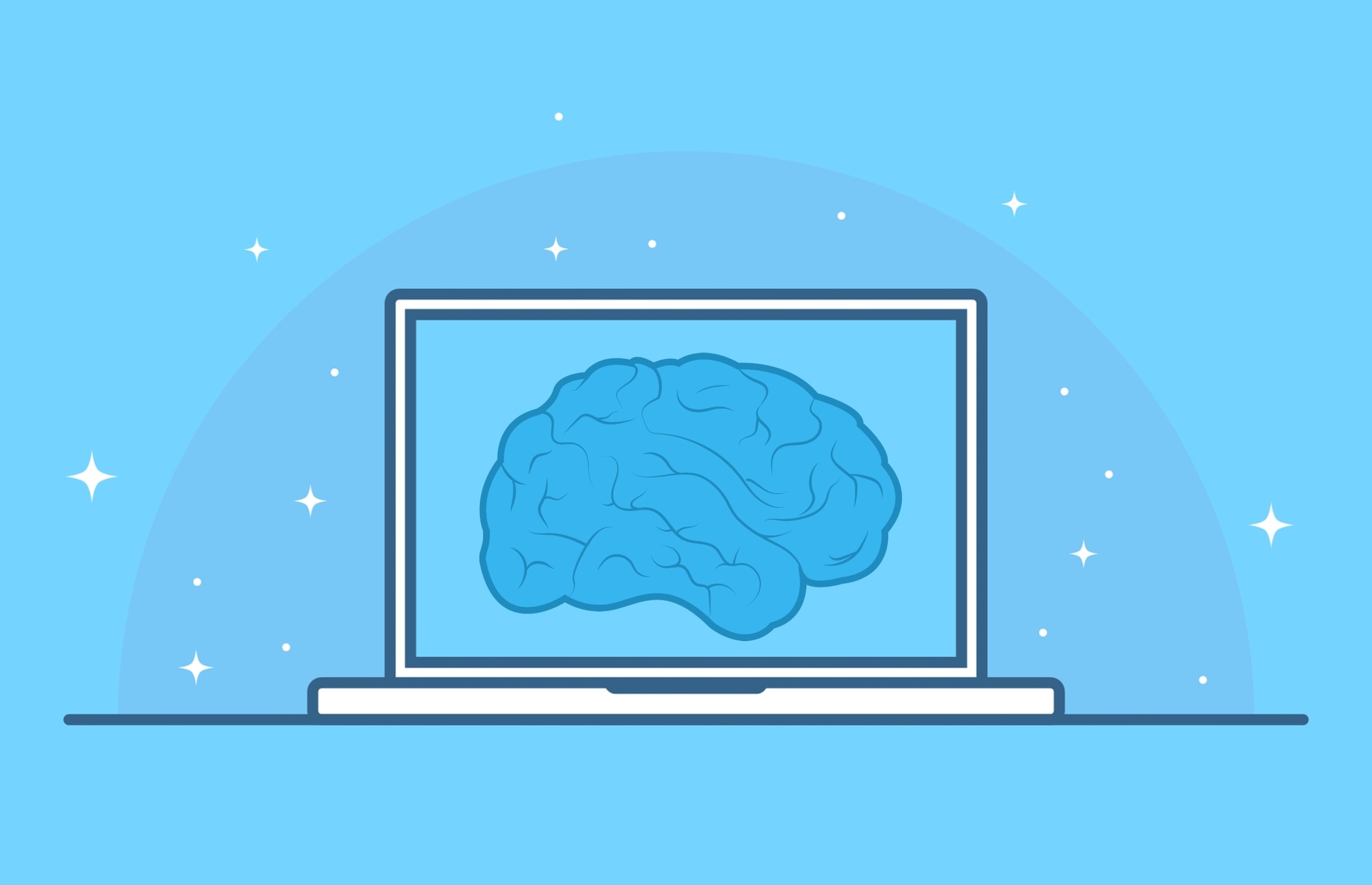There is a lot of buzz around the words “AI” and “machine learning.” But what do they actually mean? And what’s the difference between them? In this blog post, we’ll break it down for you. We’ll discuss what each term means, and give some examples of how each can be used. By the end, you’ll be armed with all the information you need to decide which one is right for your business.
Artificial intelligence (AI) and machine learning are terms that are often used interchangeably, but there is a distinction between the two. AI is the ability of machines to mimic human intelligence, while machine learning is a subset of AI that refers to the ability of machines to learn from data and improve their performance over time. In practice, they are often used together: machine learning algorithms use AI to improve their performance. Let’s explore the differences between these two powerful technologies.
There is a lot of buzz around the terms “machine learning” and “AI.” Both are integral parts of the future of technology, but what’s the difference? In short, machine learning is a subset of ai. Machine learning is about teaching computers to learn from data, without being explicitly programmed.
AI is a broader concept that includes not just machine learning, but also more traditional methods of programming computers to make decisions. With that said, ai makes heavy use of machine learning algorithms, so the distinction can be blurry at times.
Basically, if you’re talking about anything related to computer intelligence, then you’re talking about ai. Machine learning is just one tactic for achieving that goal.
As artificial intelligence (ai) gains more traction in the business world, many people are still unsure of what it is and what benefits it can bring. In this blog post, we will break down the difference between ai and machine learning, and explain how businesses can use each to their advantage.
What is Machine Learning?
Machine learning is a field of artificial intelligence that deals with the design and development of algorithms that can learn from and make predictions on data. The goal
Machine learning is to automate predictive modeling in order to make better decisions faster.
Machine learning algorithms are used in a variety of applications, such as email filtering, detection of network intruders, and computer vision.
Machine learning is a relatively new field that has been growing exponentially in recent years. The reason for this growth is that machine learning algorithms have been able to achieve impressive results in many different fields.
There are two main types of machine learning: supervised and unsupervised. Supervised learning algorithms use training data to learn a model that can then be used to make predictions on new data. Unsupervised learning algorithms do not use training data; instead, they learn from the data itself to find patterns or groups.
Machine learning is a powerful tool that can be used to solve many real-world problems. However, it is important to remember that machine learning is a subfield of AI, and as such, it is still in its early stages of development.
There are many challenges that need to be addressed before machine learning can be truly considered a mature field. Nevertheless, the potential of machine learning is immense, and it is sure to have a major impact on many areas in the years to come.
What is Artificial Intelligence?
Artificial intelligence (AI) is a term that refers to the ability of a computer or machine to learn and perform tasks that would normally require human intelligence, such as reasoning, natural communication, and problem solving.
AI technology has come a long way in recent years, thanks to advances in fields such as machine learning and big data. Today, AI is being used in a variety of ways, from helping humans make better decisions to autonomously carrying out tasks.
There are different types of AI, but some common examples include:
– Machine learning: This is a method of teaching computers to learn from data without being explicitly programmed.
– Natural language processing (NLP): This is the ability of a computer to understand human language and respond in a way that is natural for humans.
– Robotics: This involves the use of robots to carry out tasks that would normally be done by humans.
– Predictive analytics: This is a method of using data to make predictions about future events, trends, and behaviors.
AI technology is constantly evolving, and new applications for it are being found all the time. With the continued advancement of AI, it is likely that even more amazing and life-changing innovations will be made in the years to come. Artificial intelligence (AI) is a branch of computer science that deals with the creation of intelligent agents, which are systems that can reason, learn, and act autonomously.
AI research deals with the question of how to create computers that are capable of intelligent behavior. In order to answer this question, AI researchers have developed a number of approaches, including behavioral, symbolic, and statistical. AI technology has been used in a variety of ways, including expert systems, natural language processing, intelligent agents, and machine learning.
The term “artificial intelligence” is often used to refer to a specific subfield of AI, which deals with the creation of intelligent agents. However, AI can also be used to refer to the overall field of AI research. AI technology has been used in a variety of ways, including expert systems, natural language processing, intelligent agents, and machine learning.
Expert systems are computer programs that have been designed to solve problems in a specific domain, such as medicine or engineering. Expert systems use a combination of rule-based reasoning and heuristic search to solve problems.
Natural language processing is a subfield of AI that deals with the question of how to get computers to understand human language. NLP research deals with the question of how to create computer systems that can automatically process and understand natural language input
Difference Between Machine Learning and Artificial Intelligence
Machine learning is a subset of AI that focuses on teaching computers to learn from data without being explicitly programmed. This is done by using algorithms that can automatically improve given more data. In contrast, artificial intelligence is a broader concept that includes all methods of making computers smarter, including machine learning.
Machine learning is mainly focused on prediction, while artificial intelligence can be used for both prediction and decision-making. Machine learning is mainly concerned with finding patterns in data, while artificial intelligence is also concerned with how to use those patterns to make decisions.
Machine learning is mainly used for analyzing data so that it can be converted into knowledge, while artificial intelligence is also used for knowledge representation and reasoning. Machine learning is mainly used for making predictions about the future, while artificial intelligence is also used for planning and problem solving.
Machine learning is mainly used for supervised learning, while artificial intelligence can be used for both supervised and unsupervised learning. In supervised learning, the data is labeled and the algorithm learns from this data. In unsupervised learning, the data is not labeled and the algorithm has to find the structure in the data itself.
Machine learning is mainly used for regression and classification, while artificial intelligence can be used for both regression and classification as well as other tasks such as prediction, planning, and decision making.
Pros and Cons of Machine Learning
PROS-
1. Machine learning can automate repetitive learning and classification tasks, freeing up time for humans to focus on other tasks.
2. Machine learning can make sense of large amounts of data too complex for humans to process, helping us to glean new insights and understanding.
CONS-
1. Machine learning algorithms are often opaque in their decision-making, meaning that it can be difficult to understand why a particular decision was made.
2. Machine learning can be biased if the data used to train the algorithm is itself biased.
Pros and Cons of Artificial intelligence
PROS-
1. Artificial intelligence can help us process and make sense of vast amounts of data more efficiently than humans can.
2. Artificial intelligence can identify patterns and insights that humans might miss.
CONS-
1. One of the major cons of artificial intelligence is the potential for abuse and misuse.
2. Artificial intelligence technology could be used to create powerful weapons that could potentially be used against humanity.
Conclusion- What is the Difference Between AI and Machine Learning
Although there is some overlap between AI and machine learning, they are two distinct concepts. AI is a broader term that refers to any system that can learn and make decisions on its own. Machine learning, on the other hand, is a type of AI that relies on data-driven feedback loops to improve its performance over time.
Both of these technologies are rapidly evolving, so it’s important for marketers to stay up-to-date on the latest developments. In terms of application, AI can be used in a number of ways including content creation, customer service, and lead generation.
Machine learning is particularly well-suited for tasks such as predictive analytics and personalization.
Also Read:




